The Role of Concrete Machinery in High-Rise Building Construction
-
Thesis: Constructing modern high-rises would be impossible without specialized, high-capacity concrete machinery, forming the literal backbone of vertical progress.
-
Outline:
-
Unique Challenges: Height, confined urban sites, massive volumes, tight schedules, complex structural elements (cores, shear walls, transfer slabs), stringent quality/safety requirements.
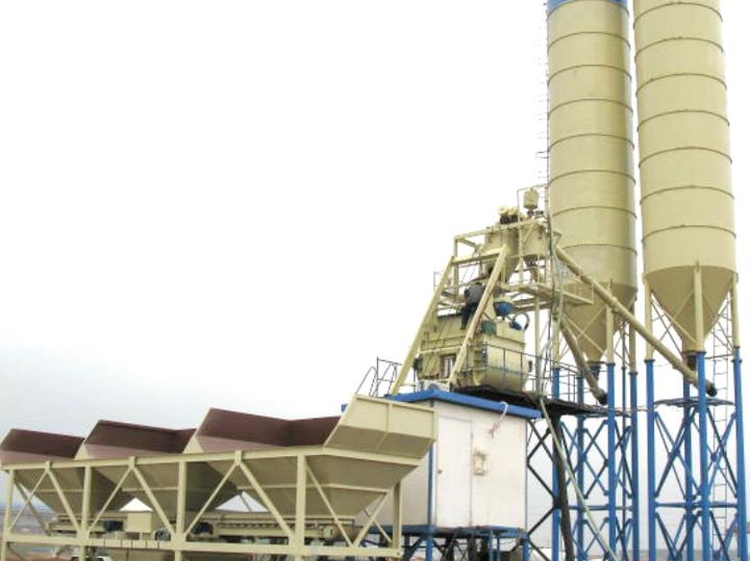
-
Critical Machinery & Their Roles:
-
High-Pressure, High-Reach Boom Pumps: The absolute essential. Placing concrete hundreds of meters vertically and horizontally. Key specs: Maximum vertical/horizontal reach, placing width (for maneuvering around structure), line pressure (PSI), reliability. Often climbing or placed on intermediate floors.
-
Tower-Mounted Concrete Pumps: Fixed pumps mounted on the structure itself, fed by ground pumps or hoists, for ultra-high placement beyond practical boom reach.
-
Material Hoists/Delivery Systems: Transporting vast quantities of concrete from ground batch plant to the pump hopper at height. Includes traditional hoists, advanced conveyor systems, and increasingly, autonomous solutions.
-
High-Capacity Batching Plants: Often large stationary plants near site (or supplier RMC plants) producing consistent, high-strength mixes at required volumes. Sophisticated controls essential.
-
Laser Screeds & Large Ride-on Trowels: Achieving the demanding flatness/levelness tolerances required for flooring systems and transfer slabs in high-rises.
-
Internal Vibrators: Crucial for consolidating heavily reinforced columns, walls, and cores to eliminate honeycombing and ensure structural integrity. High-frequency, robust models needed.
-
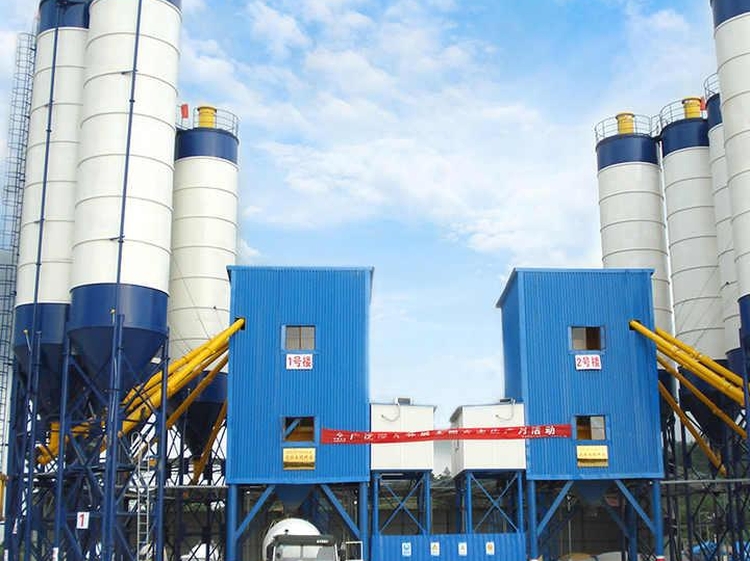 Concrete Buckets & Cranes: For placing concrete in areas inaccessible to pumps or for smaller, precise placements.
Concrete Buckets & Cranes: For placing concrete in areas inaccessible to pumps or for smaller, precise placements. -
Facade-Mounted Hoists/Cradles: For placing concrete on the building perimeter or for repairs.
-
Dust Collection Systems: Critical in enclosed spaces and for worker health (silica).
-
-
Logistics & Coordination: The paramount challenge. Sequencing deliveries (concrete, rebar, formwork), pump scheduling, traffic management in dense urban areas, coordinating multiple trades around the pump. Real-time communication vital.
-
Safety Imperatives: Working at height, heavy loads, high-pressure pipelines, confined spaces. Rigorous protocols for pump setup/stability, pipeline inspection/securing, fall protection, lift planning.
-
Technology Integration (2025): BIM for clash detection and planning pump locations/sequences. Telematics for monitoring pump performance/material flow. AI optimizing pour schedules based on real-time site data.
-
The Enabler: Concrete machinery is not just a tool; it's the critical path enabler that makes building skyward physically and economically feasible.
-
 Global Concrete Machinery Mark
Global Concrete Machinery Mark
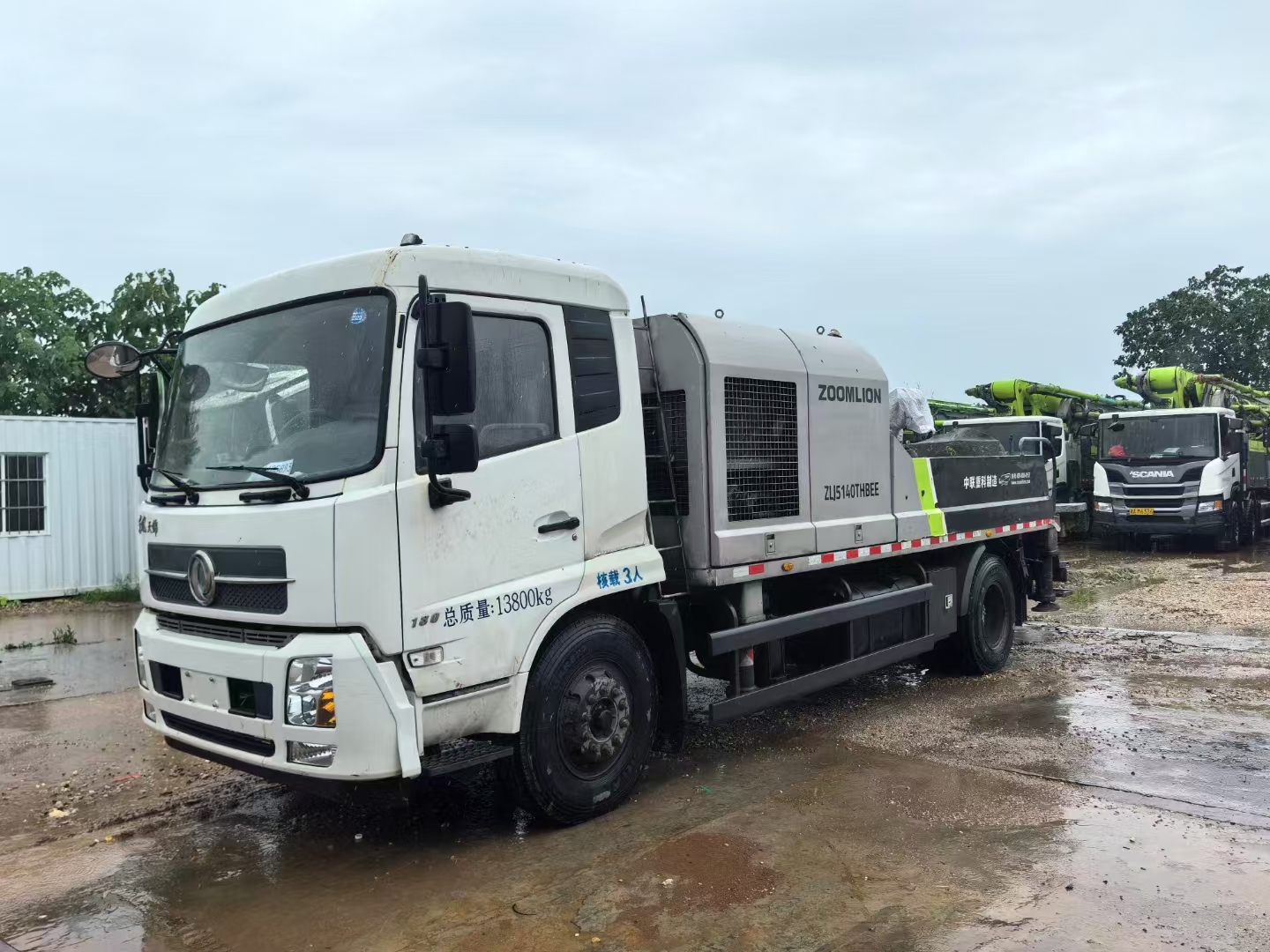 Concrete Recycling Machinery:
Concrete Recycling Machinery:
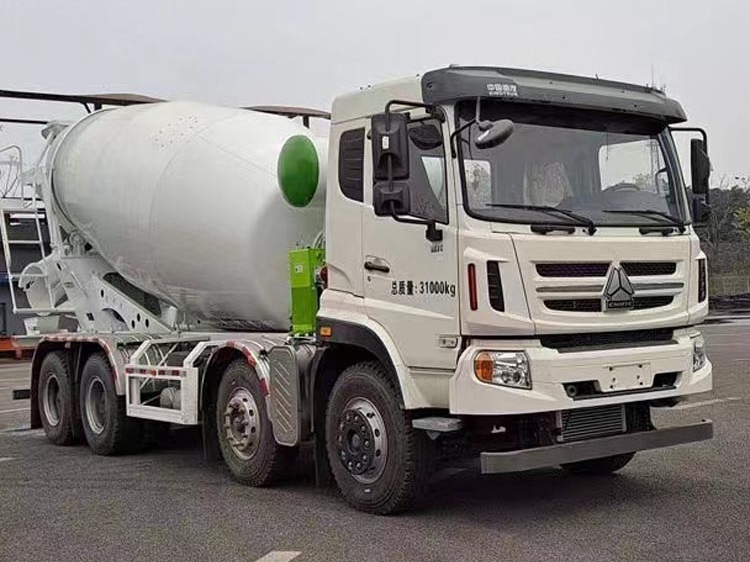 Latest Technological Advanceme
Latest Technological Advanceme
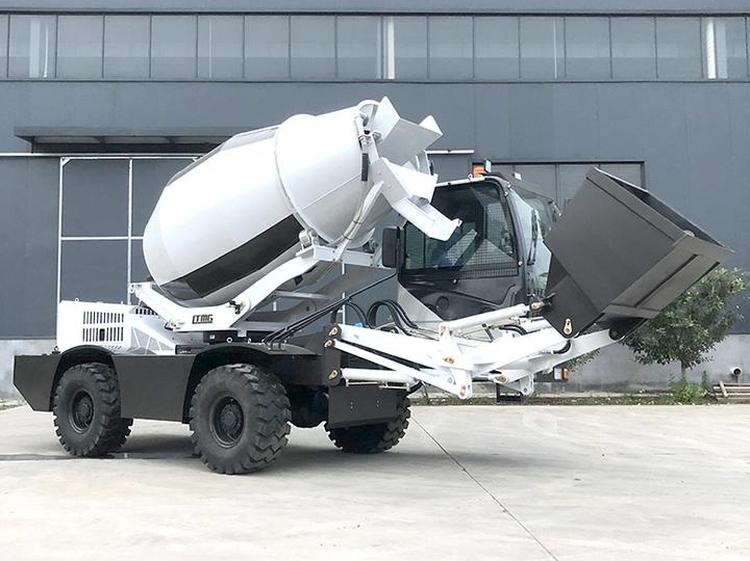 Energy-Efficient Concrete Mach
Energy-Efficient Concrete Mach
